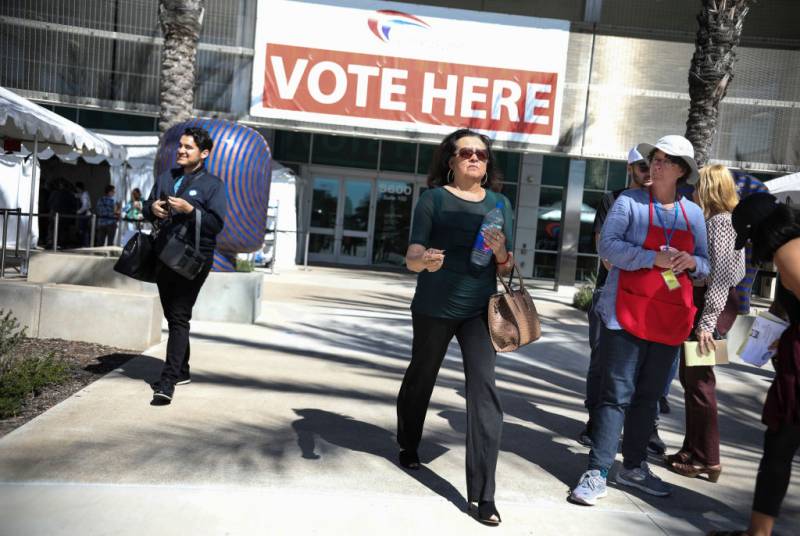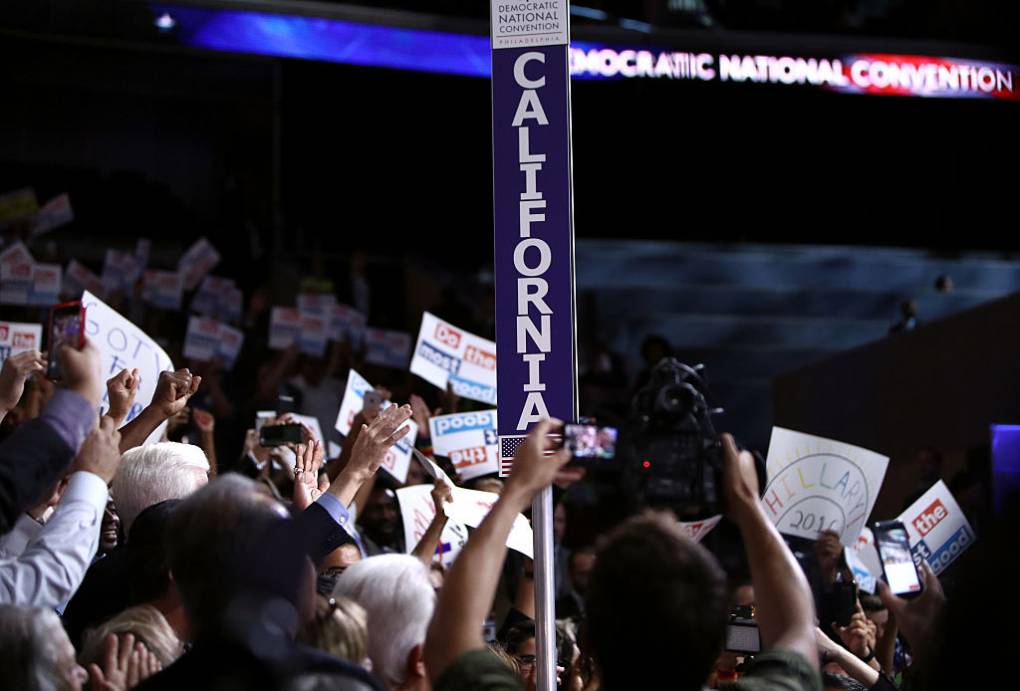It’s finally here. The day we’ve all been waiting for — or at least the political junkies among us.
Super Tuesday is upon us.
The polls close at 8 p.m. in California, which for the first time in many a moon will play a major role in deciding which Democrat gets the nomination and goes on to challenge President Trump in November.
For many Democrats, it probably feels like this election has been going on for three years already. And although the end is in sight, it’s really, really unlikely that any definitive winner will emerge tonight — either here in California or in many of the other states voting today.
But that delay doesn’t mean the voting system is broken or that something has gone wrong (although there’s always that possibility); it actually means things are probably working as designed.
Here’s why:
1. A huge electorate + state laws aimed at getting as many people to vote as possible = weeks of counting.
Compared to most other states, California has really progressive voting laws. That means people have more time to vote at the polls (both early and late) and return their mail-in ballots. As of this election, California voters can also register and vote on Election Day!


